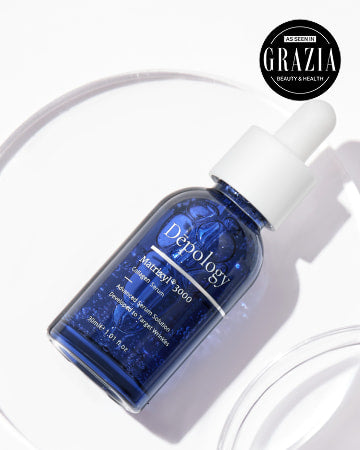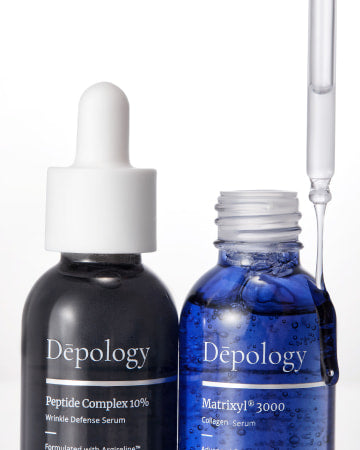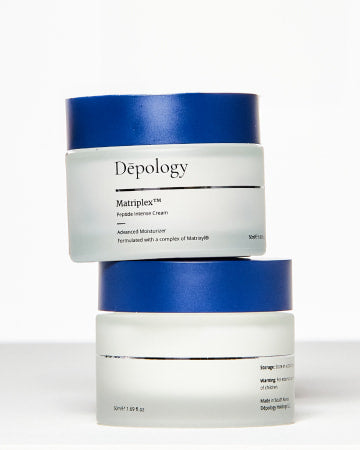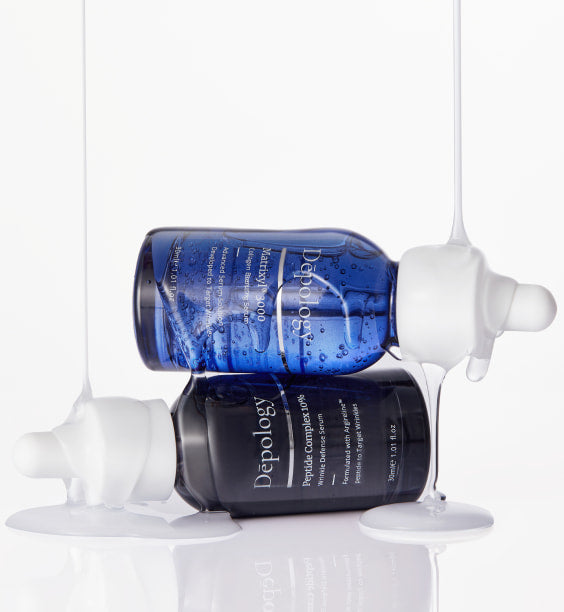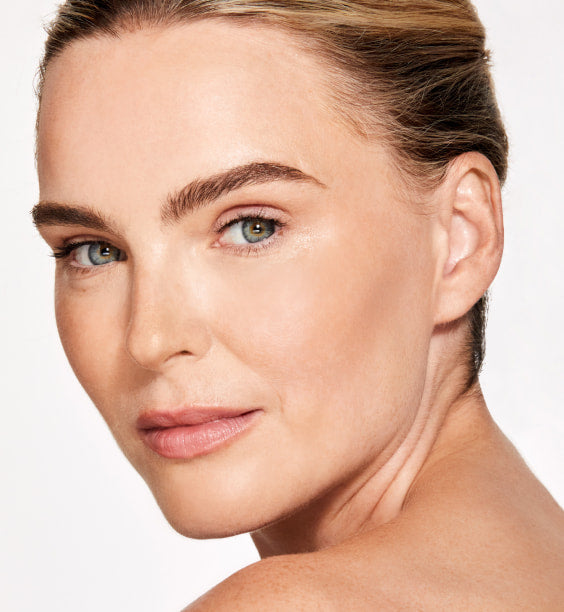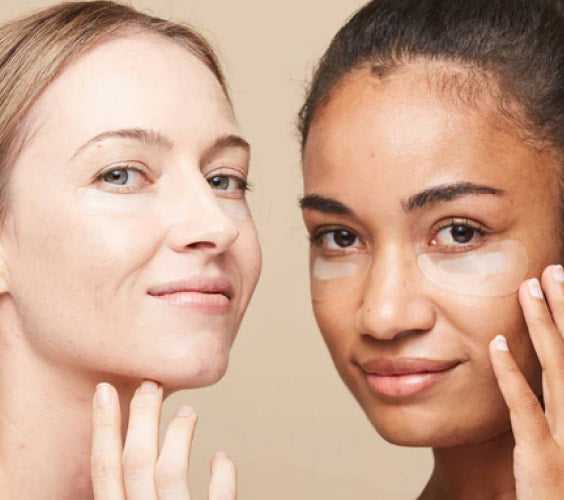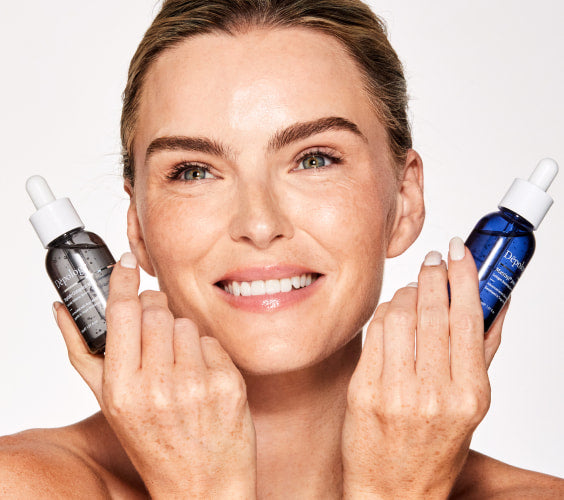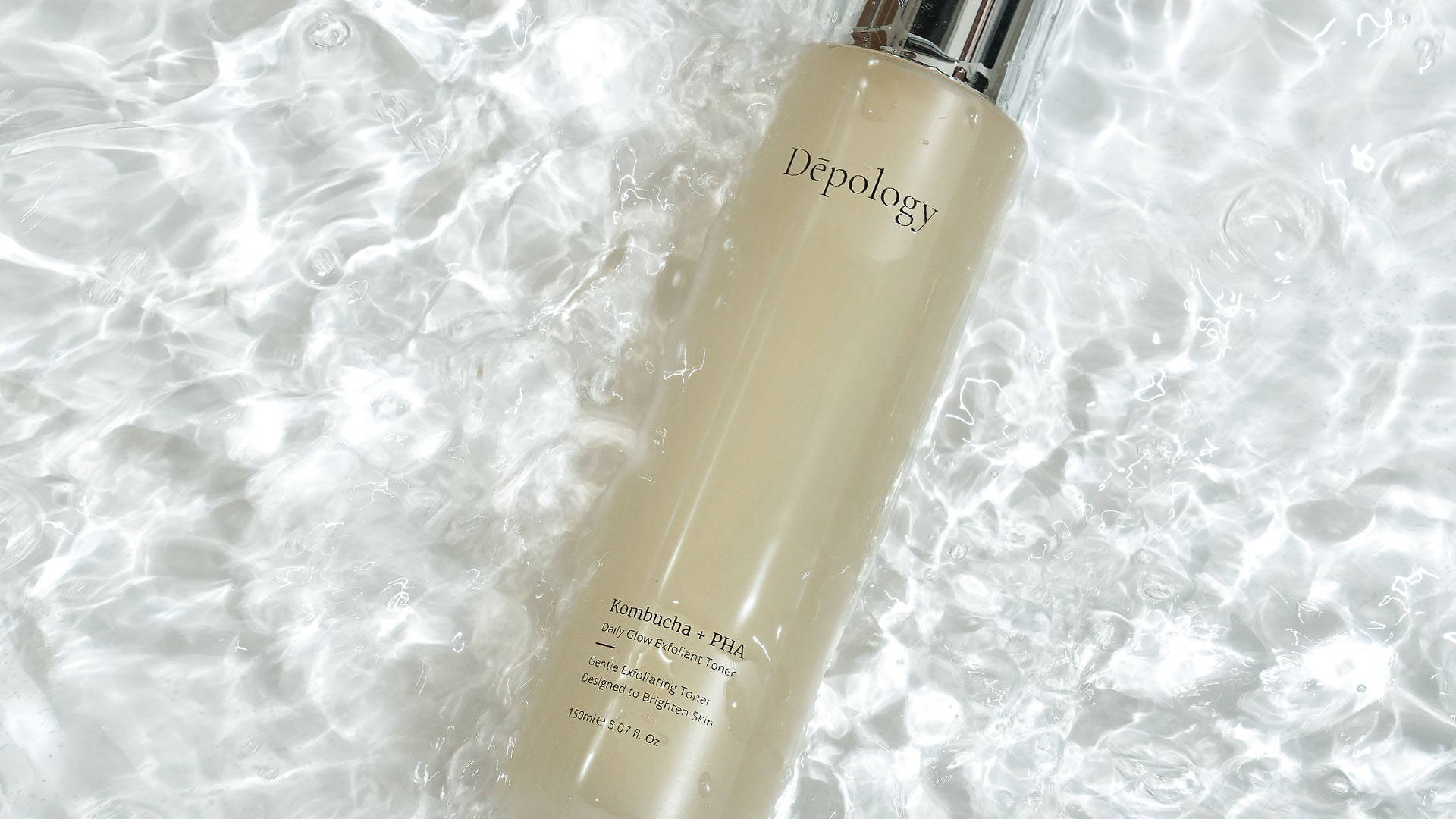
Toner Vs Moisturizer: Do I Need Both?
Let's be honest, the world of skincare is... a lot.
There are 10-step routines, 'slugging', 'skin cycling', and an endless parade of new "must-have" products.
So, when you're staring at your bathroom shelf at 11 PM, it's totally normal to look at your toner and your moisturizer and think:
"Wait... aren't these... basically doing the same thing? Can't I just pick one?"
I get it. It feels like you're just putting one "wet thing" on after another.
This "Toner vs Moisturizer" debate is one of the most common questions I hear. And for years, I was on "Team Moisturizer Only" myself.
Spoiler alert: I was wrong.
The excerpt you see above nails it: The secret is "synergy." If you've ever felt like your products "just sit on top" of your skin, or that your face is oily and dry at the same time, this post is for you.
Part 1: Let's Use a Simple Analogy: The Dry Sponge
This is the easiest way to understand this, and it's the "aha!" moment I wish I'd had sooner.
Imagine a dry, hard, crusty kitchen sponge.
If you squeeze a thick dollop of dish soap (your 'moisturizer') onto that dry sponge, what happens? It just sits there. It's goopy, it doesn't get into the sponge, and it can't really do its job.
Now, what happens if you run that sponge under the tap first?
It instantly plumps up. It gets soft, bouncy, and 'receptive.'
Now, when you put the dish soap on, it sinks in, lathers up beautifully, and is ready to work.
Your skin is the sponge. Your Toner is the tap water. Your Moisturizer is the "good stuff" (the soap, the conditioner, the serum).
A toner's main job isn't to "cleanse" (that's an old, 90s-astringent-myth). A modern toner's job is HYDRATION and PREPARATION.
It's that instant "gulp of water" that takes your skin from a dry, closed-off barrier to a plump, receptive canvas.
Part 2: Okay, So What Does the Moisturizer Do, Then?
If the toner is the "drink of water," your moisturizer is "The Bouncer."
It has two critical jobs:
-
To NOURISH: It delivers all the other ingredients your skin needs—lipids (fats), ceramides, vitamins, etc. This is the 'richer' stuff that the watery toner can't carry.
-
To SEAL: This is the most important part! It creates a protective barrier (or "lid") on top of your skin.
This "sealing" job is why you need both.
If you only use a toner (even a super hydrating one), you're just damping the sponge and then walking away. That water will evaporate right off your face (a process called "Trans-Epidermal Water Loss"), and guess what? It often takes more of your skin's natural moisture with it, leaving you drier than before.
Yikes.
If you only use a moisturizer (especially on dry skin), you're that dry sponge again. You're trying to lock in moisture that isn't even there. The cream might feel nice, but it's working way harder than it needs to, and it's mostly just sitting on the surface, potentially feeling heavy or greasy.
Part 3: The Magic Isn't "Vs." — It's "And"
This isn't a battle. It's a partnership.
The Toner (The Prep): "Hey skin! Wake up! I'm here with a big glass of water. Get plump, get ready!" The Moisturizer (The Seal): "Awesome, I'll take it from here. I'm going to lock all that water in and add this comfy blanket of lipids so you're safe from the world."
That, my friends, is the "synergy" the excerpt talks about.
It's this simple 1-2 punch that makes your skin actually feel "its very best." Your moisturizer sinks in better, your makeup applies smoother, and your skin barrier is finally happy because it's both hydrated (from the toner) and protected (by the moisturizer).
The Final Verdict: Do I Need Both?
Yes. I'm sorry to be the bearer of this news if you were hoping to save a step.
But you don't need a $100 toner. You don't need a 7-skin method.
You just need one simple, hydrating toner (look for ingredients like hyaluronic acid, glycerin, or centella) and one good moisturizer that your skin likes.
Apply the toner to damp skin, and before it dries, apply your moisturizer right on top to lock it all in.
That's it. That's the secret.
So, be honest... are you a "both" person, or have I just convinced you to stop skipping your toner?
Let me know in the comments!


